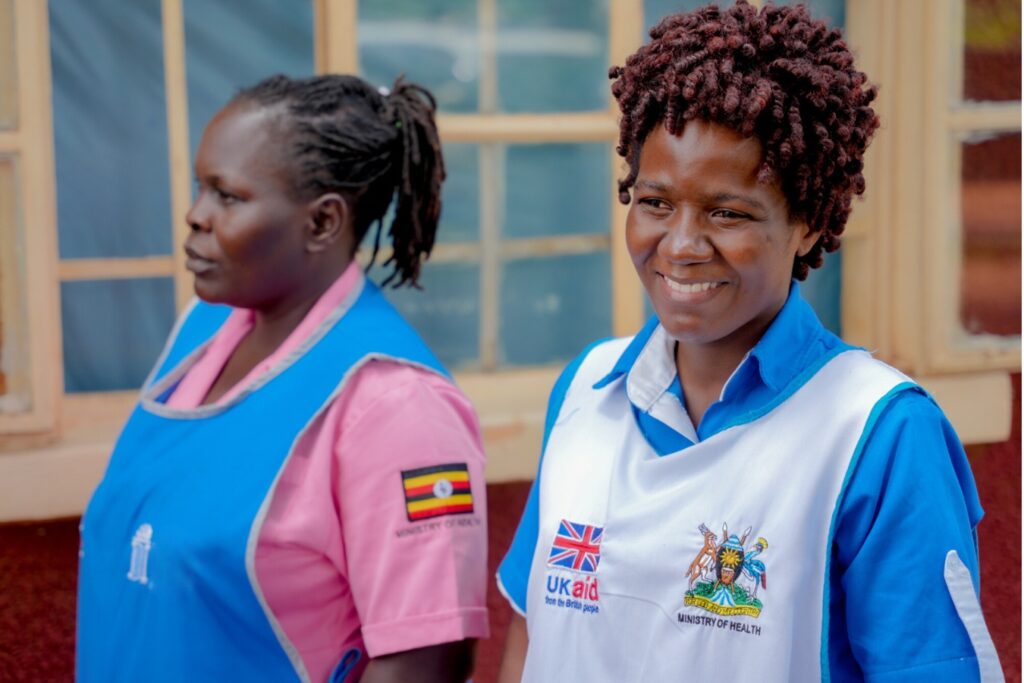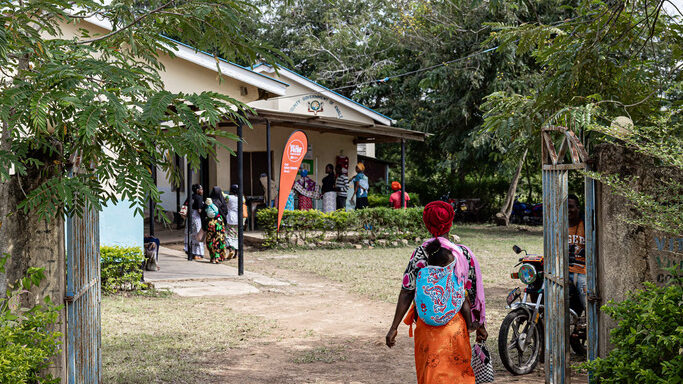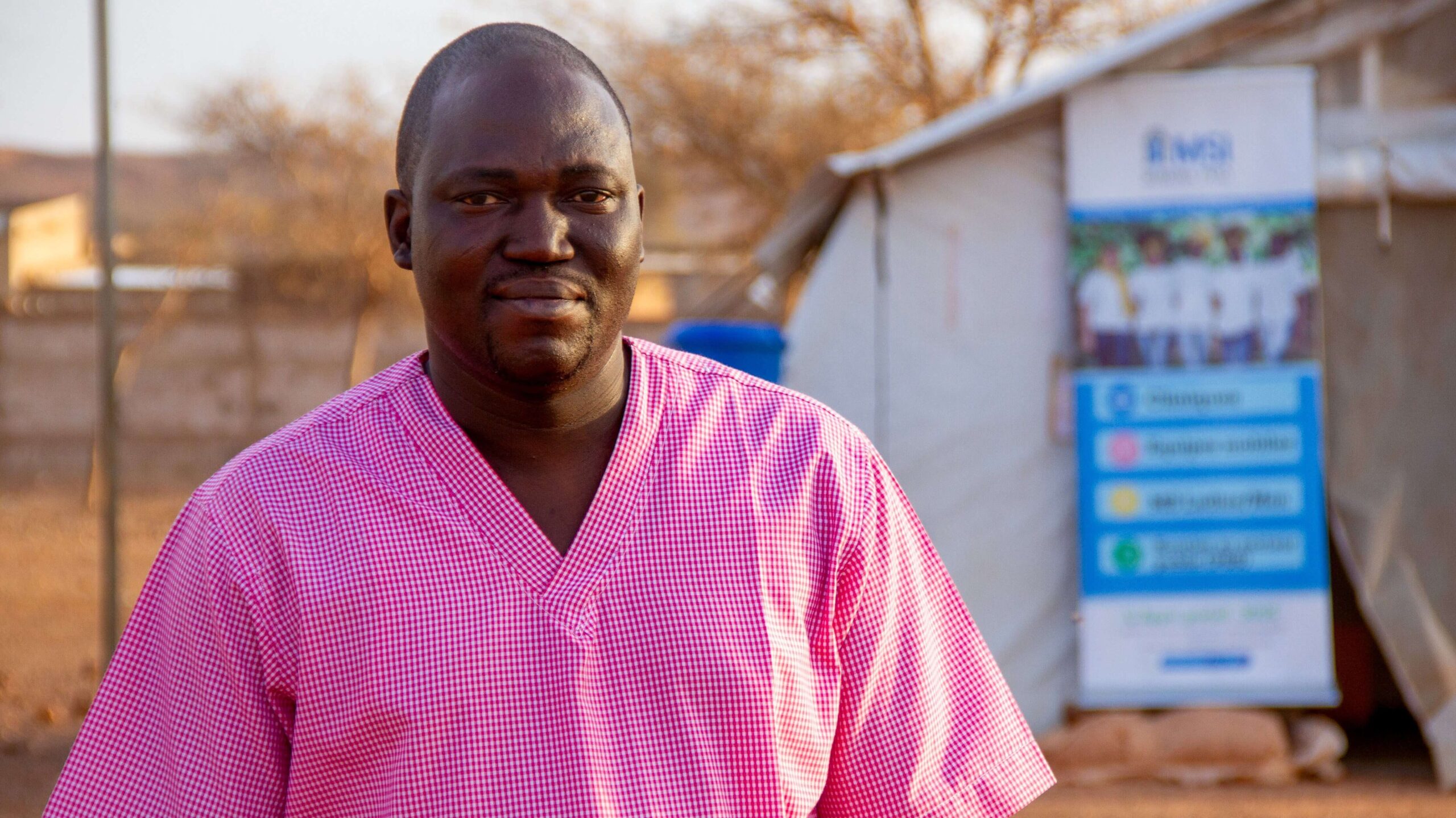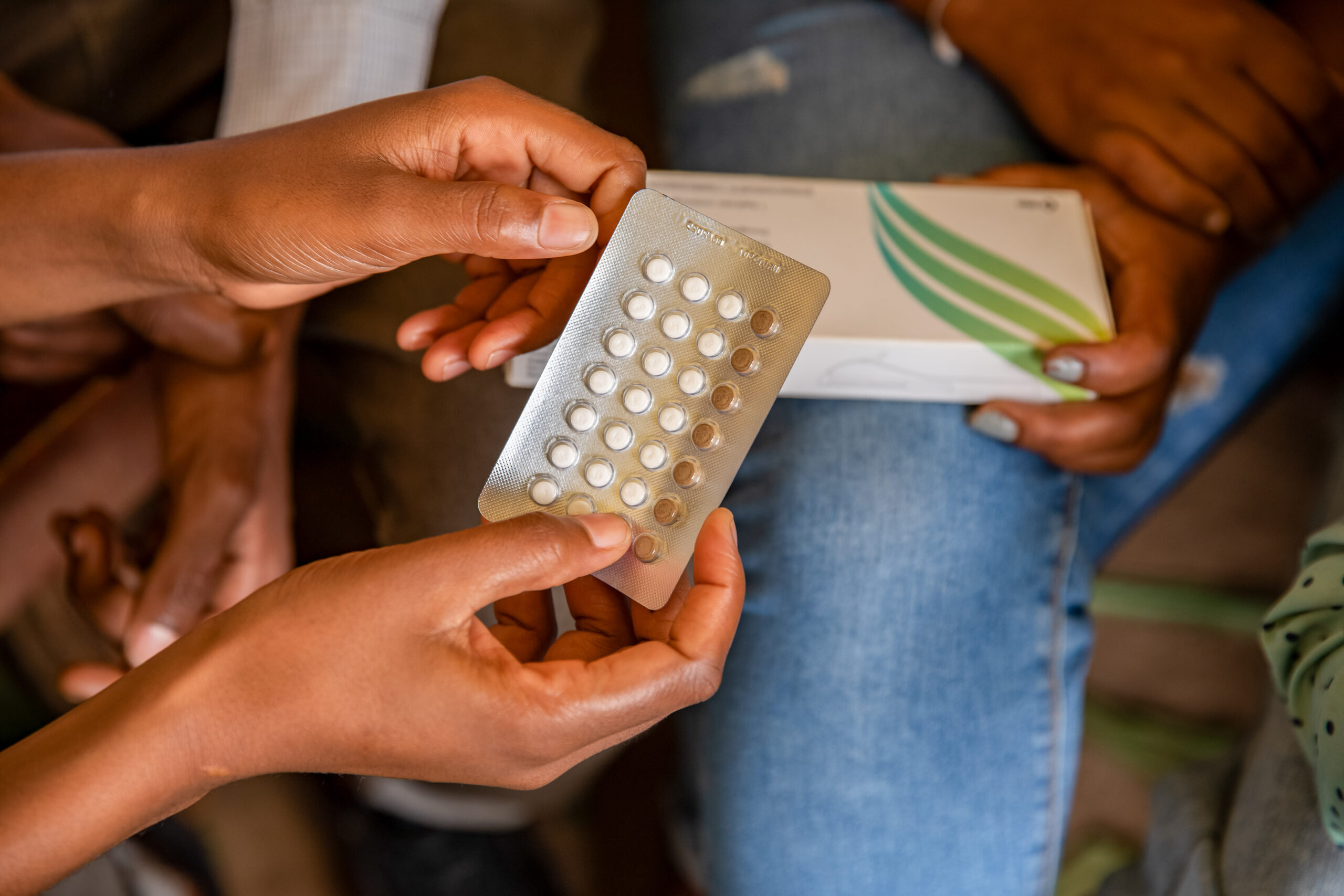
COVID-19 is deeply impacting healthcare access across the world, and at Marie Stopes International we have seen the effects on reproductive health and rights across our 37 country programmes.
With national lockdowns restricting movement, women facing increased stigma for accessing services, and health systems diverting resources to the COVID-19 response, access to essential healthcare, such as contraception and safe abortion, has been restricted.
However, with the help of UK Aid through the global WISH programme, our frontline teams, together with our partners, are adapting, innovating and persevering, to ensure we can deliver services to women and girls in some of the most challenging and restricted contexts.
UK Aid have committed to providing over 20 million women and girls with access to contraception every year for the next five years, saving tens of thousands of lives, and we are proud to partner with them to uphold the rights of women and girls, globally.
During a crisis, reproductive healthcare remains essential
We know from previous health crises that diverting resources away from reproductive healthcare can weaken health systems and lead to additional deaths. During the Ebola epidemic, as many, if not more people died from increased barriers to maternal and reproductive healthcare than from the virus itself.
During lockdowns, rates of sexual violence can increase and reduced access to contraception, safe abortion and post-abortion care can lead to more unplanned pregnancies, unsafe abortions and maternal deaths.
Our data is showing a similar story: In Ghana, calls to our contact centre requesting information on sexual and reproductive healthcare more than tripled under lockdown, while in the UK, we saw a 33% increase in domestic violence reports to our safeguarding team.
Delivering safe services where they are most needed
During this uncertain time, our programmes have remained committed to ensuring services can continue to operate safely, and that women know we are here for them.
Under the WISH programme, UK Aid supports MSI and our WISH partners to deliver contraceptive services to women in remote, rural regions in West and Central Africa. We know that marginalised women will be hardest hit by COVID-19 restrictions, with lockdowns, travel restrictions and school closures creating additional barriers for women living in poverty, people with disabilities and young people particularly.
However, under COVID-19, our commitment to leave no one behind has not wavered. From hand and respiratory hygiene, to social distancing with clients, leveraging of local partnerships and the use of remote community engagement, for example via digital platforms and contact centres, our teams have adapted so they can continue to operate safely.
In Nigeria, swift adaptations have allowed our outreach teams and Marie Stopes Ladies (our community-based providers), to continue to deliver and we have supported 2600 public health posts to keep their services going. In Nigeria, through March, April and May, our WISH-funded programmes provided 93,000 women with a contraceptive method, preventing an estimated 53,000 unsafe abortions and 750 maternal deaths.
In tandem, we have worked to ensure that women are aware of the safe services available, as well as their right to access them. In Ghana, in partnership with UK Aid, we’re offering free sexual health advice and referrals over the phone, WhatsApp and social media, via our contact centres.
When Accra and Kumasi went into lockdown, meaning that our contact centre agents were unable to travel to work, the programme quickly adapted, and set up remote, home-based contact centres, answering a record number of calls in their first few days of operation. Through this innovation, the agents could continue to provide women with accurate information on where to access safe care.
Partnering with governments to classify services as essential
A key priority has been to work with governments to define safe abortion, post-abortion care and contraception as essential services.
In the Democratic Republic of Congo, the WISH consortium supported the national government to develop their guidelines for SRH interventions during COVID-19, as well as the government’s national programme for sexual and reproductive healthcare (PNSR). Through our programme, funded by UK Aid and in collaboration with Options, Ipas, DKT International and ABEF-ND, we are now ensuring these new guidelines translate into action and access for women.
Similarly, our Nigeria programme has worked collaboratively with the government at national and state level since the pandemic began. Nigeria’s Ministry of Health have defined our services as essential, which has granted our team members free movement between states to continue to deliver services across the country.
Importantly, we are also partnering with governments to remove unnecessary regulatory restrictions and pilot innovative ways to provide services. In the UK, for example, we launched a telemedicine service under lockdown in April, enabling women to receive tele-consultations and administer medical abortion drugs from home. Through innovations like telemedicine, we can prevent time-sensitive procedures from being delayed and reduce the risk of COVID-19 exposure for clients. We are now sharing learnings from our UK programme to explore similar models for remote provision in other MSI settings. In Ghana, MSI is planning to pilot the implementation of telemedicine services to provide women with contraception and safe abortion services through phone consultations with providers. This could ensure that no woman loses access to services, during the pandemic and beyond.
Working across communities to integrate contraceptive access
With a shift in focus to the COVID response, we have integrated our services with COVID-related programmes in several WISH-funded settings, to protect access and increase awareness.
In Senegal, we are working with community-based mobilisers to conduct awareness campaigns around COVID-19 and have obtained government authorisation for these mobilisers to integrate contraception into their local activities.
In Sierra Leone, the government were keen to prevent a repeat of the spike in teenage pregnancies seen during the Ebola crisis, so immediately involved our programme. The Ministries of Education and Gender collaborated with MSSL at district level and through emergency committees to focus on contraceptive access for young people, while including our messages in school radio programmes to increase awareness of the sexual health services available.
Effective partnership in a pandemic – with thanks to UK Aid
COVID-19 has created challenges for reproductive access and delivery globally, but the pandemic has also presented opportunities to partner, adapt and innovate.
Without the flexibility and support from UK Aid during this time we would not have been able to adapt so quickly and keep our doors open. However, with thanks to UK Aid, on behalf of the British people, and the entire WISH consortium, Marie Stopes International’s programmes have been able to ensure women can retain access to lifesaving reproductive healthcare, and choice, at a time when they need it most.
Sue Holland is Marie Stopes International’s Regional Director for the West and Central Africa region








